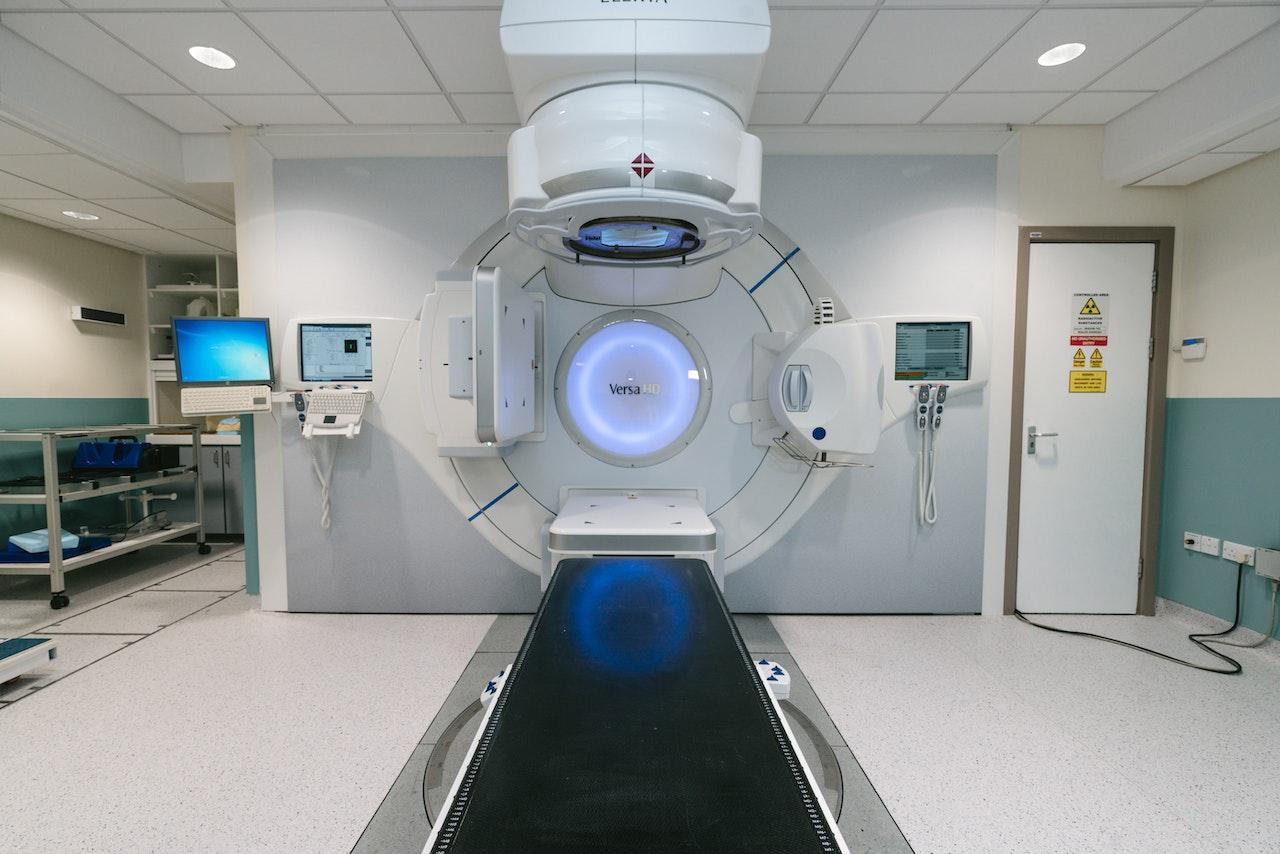Cancer is one of the leading causes of death worldwide, accounting for an estimated 600,000 deaths in 2021. The number of new cancer cases is also rising, with an estimated 1.9 million new patients diagnosed in 2022.
While these statistics are daunting, there is some good news. Scientists are constantly working to develop new and more effective best cancer treatments, and there are many promising new treatments currently in clinical trials.
1. A New Cancer Treatment That Is Showing Promise in Clinical Trials
One such treatment is a new type of immunotherapy known as CAR T-cell therapy. This therapy works by genetically engineering a patient’s own T-cells (a type of white blood cell) to recognize and attack cancer cells. CAR T-cell therapy has shown promising results in early clinical trials, with some patients achieving complete remission of their cancer.
While CAR T-cell therapy is still in the early stages of development, it holds great promise as a potential new treatment for cancer. If you or someone you know has cancer, ask your doctor about clinical trials that may suit you.
2. A New Cancer Screening Test That Is More Accurate and Less Invasive
Cancer screening tests are essential tools that help doctors find cancer early when it’s more likely to be treatable. But no screening test is perfect. They can sometimes find cancers that aren’t there (false positives) or miss cancers that are there (false negatives). And they can have other downsides, like causing anxiety or being expensive.
Now there’s a new cancer screening test that is more accurate and less invasive. It’s called Cologuard, and it’s the first stool-based test that is approved by the FDA to screen for colorectal cancer.
Cologuard works by looking for certain DNA changes in the cells that are shed from the lining of the colon. These DNA changes are often found in colorectal cancer but also other conditions like inflammatory bowel disease.
So far, Cologuard has been shown to be more accurate than other stool-based tests, and it’s also less invasive than a colonoscopy (a test where a doctor inserts a camera into the rectum to look for abnormal growths).
3. A New Way to Target Cancer Cells That Is Less Invasive and More Effective
Cancer cells are notoriously difficult to target with traditional treatments like chemotherapy and radiation. These treatments often cause significant collateral damage to healthy cells, leading to side effects like hair loss, nausea, and fatigue. But what if there was a way to target cancer cells precisely without harming healthy cells?
That’s the premise behind a new cancer treatment called T-cell therapy. T-cell therapy is a form of immunotherapy that uses the body’s own immune system to target and kill cancer cells. T-cells are a type of white blood cell that is responsible for identifying and attacking foreign invaders like viruses and bacteria.
In T-cell therapy, cancer-specific T-cells are isolated from a patient’s blood and then grown in the laboratory. Once the T-cells are large enough, they are infused back into the patient, where they seek out and destroy cancer cells.
T-cell therapy is still experimental but shows promise as a more targeted, less invasive, and more effective cancer treatment.
Conclusion
These are just a few of the many exciting breakthroughs happening in oncology. With the rapid pace of progress in this field, there is reason to be hopeful that even more life-saving treatments will be developed in the years to come.
Cancer breakthroughs are important because they offer hope for the new best cancer treatment that is more effective and has fewer side effects.










